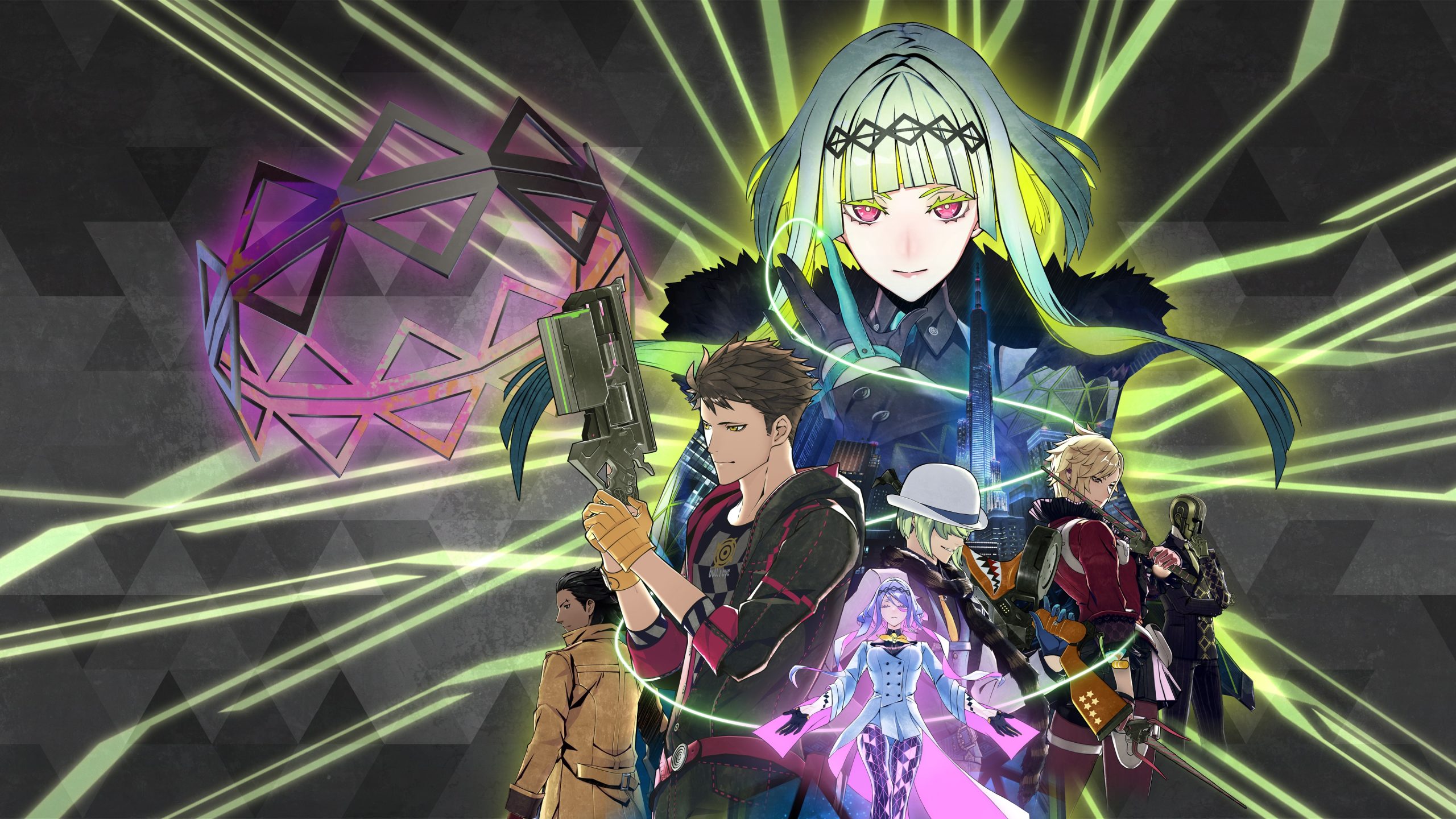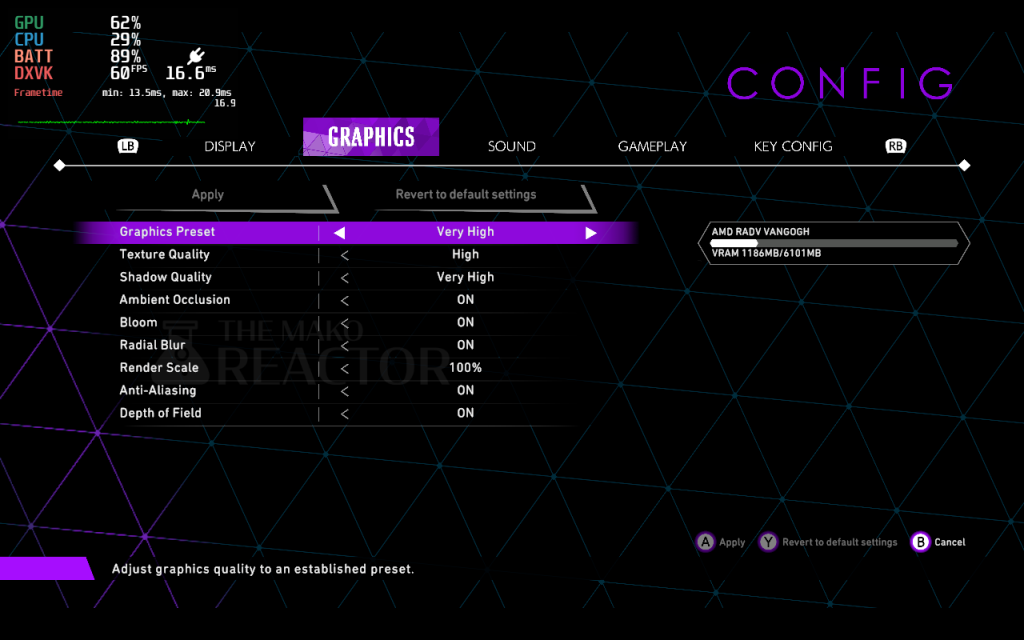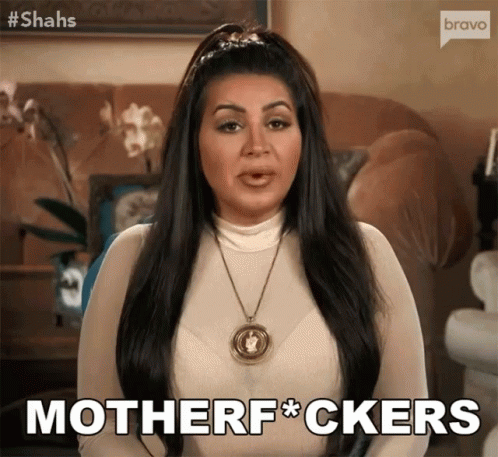It's mostly that when it comes to legal regulations on other countries works, there's a sense that its an unchangeable absolute decision outside of everyone's hands. For things like localization changes, there's usually nothing so absolute where a change necessarily has to be made. Its easier to be upset at something if it feels less like something that had no other choice but to be done and more like a monetary choice or a desire to be more appealing to an audiences sensabilities. A minor example would be, say, God Eater having its blood reduced and a death scene in Tales of Berseria being changed in localization to try and retain a T rating. These changes didn't have to necessarily be made, and as such they're easier to look down upon from a consumer perspective than, say, something with a legal hammer hanging above. Not to say that governments requiring cut content isn't censorship; it absolutely is. But it's not typically the censorship that gets people up in arms(with regards to gaming) especially since unless you live in the country of said laws there's truly nothing anyone can do.government mandates are pretty much the definition of censorship, I still think this sentiment here is a bit weird.
With publishers of other countries games, there's oftentimes some degree of separation from the original developers and the people localizing the games, so it's easier to view changes in localization as censorship on the publishers part. Not to say that developers don't have any say on these things. They almost always do. But the degree to which they want these changes versus agree to these changes vary just as the circumstances surrounding whatever changes happen with whatever game.
Last edited:






























